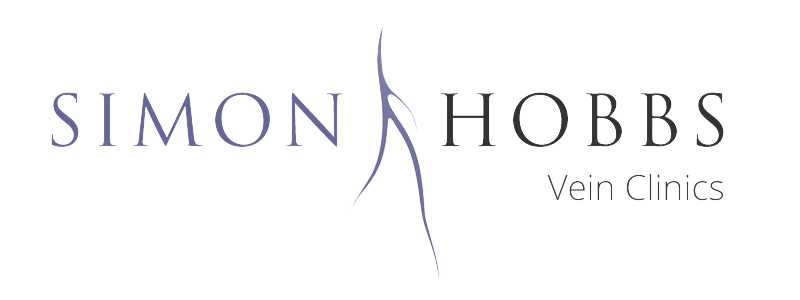Pregnancy & Varicose Veins
Becoming pregnant is a wonderful life moment but along with the joys it brings many pregnancies are associated with unwanted problems - varicose veins being one of these and affects up to 1 in 4 pregnant women. I receive frequent enquiries about the management of varicose veins in pregnancy. In this blog I cover the most frequently asked questions I am asked.
Why do varicose veins appear or get worse during pregnancy?
There are multiple reasons why varicose veins may appear for the first time during pregnancy or why existing varicose veins worsen.
During pregnancy the circulating blood volume significantly increases (Up to a 50% increase). Much of this extra blood is stored within the veins and as a result the leg veins become more congested.
During the later stages of pregnancy, as the baby becomes larger, the baby and uterus causes pressure on the veins within the pelvis and abdomen - pressure on these veins makes it harder for blood to flow out of the legs causing further engorgement of the veins.
There are also many hormonal changes that occur during pregnancy. Changes in both oestrogen and progesterone both have effects on the veins - raised levels of oestrogen in particular causes veins to dilate and can weaken the veins making them more prone to damage.
This combination of the weakening of veins and the increased pressure within the veins increases the risks of valve damage - as we have discussed elsewhere, it is this valve damage that is the primary cause of varicose veins.
How should I manage my veins during pregnancy?
Particularly during the later stages of pregnancy varicose veins can become quite symptomatic. Symptoms such as aching, tenderness over the veins, restless legs at night, ankle puffiness / swelling, heaviness and itching all tend to worsen as the pregnancy progresses and can be quite uncomfortable. Whilst treating veins during pregnancy is not recommended there are a number of simple things you can do to reduce the impact of these symptoms.
Keep active and avoid sitting or standing still for long periods
Elevate your legs when you can when sitting
Sleeping on you left hand side helps to take the pressure off the main vein in the abdomen and relieves the pressure in your legs
Wearing compression hosiery can be of particular benefit - although putting on a tight pair of socks when you are heavily pregnant can be quite tricky!
When should I have my veins treated?
Modern vein treatments are safe and minimally invasive but despite this, it is not recommended to have your veins treated whilst you are pregnant or breastfeeding.
The good news is that, for the majority of women, varicose veins that occur during pregnancy usually improve significantly after giving birth and many recede to such an extent that they won’t need treatment. As a result of this, we would usually advise waiting for a period of 4-6 months after giving birth to see what improvements have occurred.
Do I need to wait until I finish my family before having my veins treated?
In the past, many surgeons would not contemplate treating varicose veins until the mother had finished her family and no further pregnancies were planned. I believe that this approach is outdated.
If untreated, varicose veins will worsen with subsequent pregnancies. Not only will this expose the mother to the unpleasant symptoms of varicose veins during pregnancy it may also mean that the veins worsen and subsequent treatment may need to be more extensive.
For these reasons, I believe that if the varicose veins are bad enough to be treated in their own right then this should be considered, even if further pregnancies are planned.
When should I book at appointment at Simon Hobbs Vein Clinics?
Book an appointment for an assessment and discussion of treatment options if:
You have varicose veins, are planning your first pregnancy and wish to reduce the symptoms you will experience during your pregnancy;
You are pregnant with symptomatic varicose veins and you wish to discuss strategies to reduce your symptoms;
You developed varicose veins during a previous pregnancy and wish to avoid problems with your veins in subsequent pregnancies;
You have completed your family and are seeking definitive treatment for your varicose veins.

